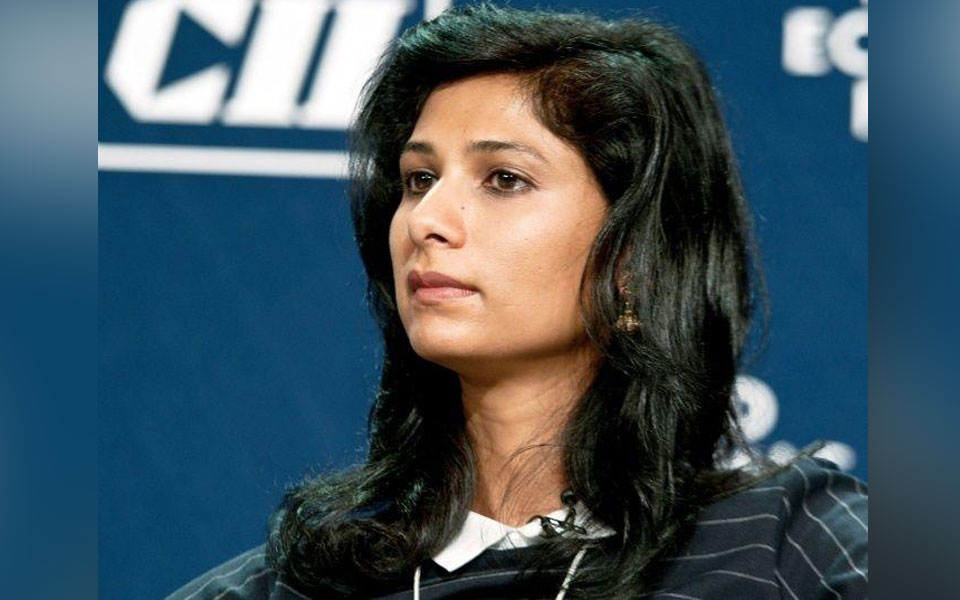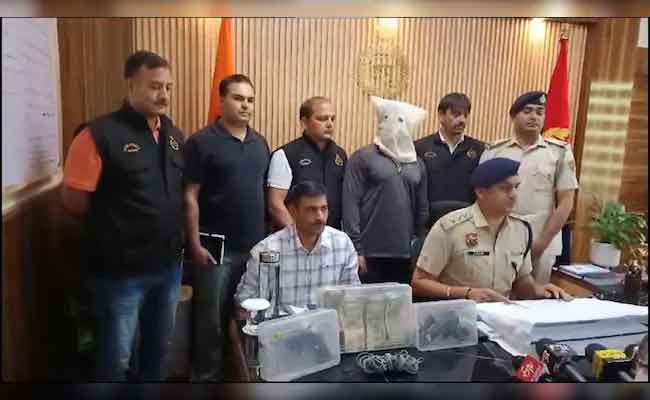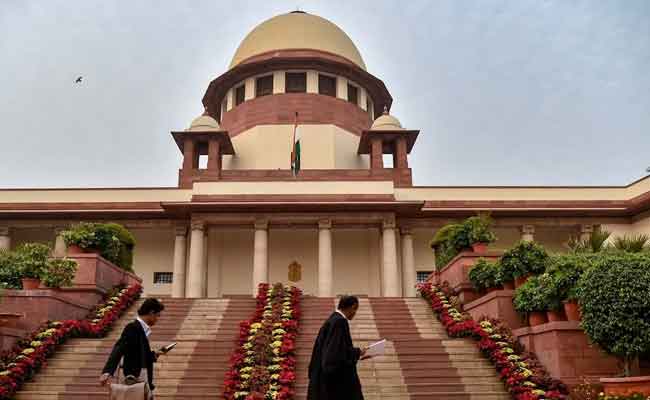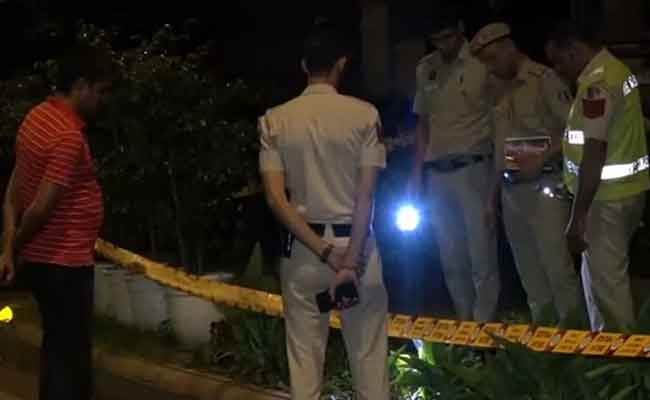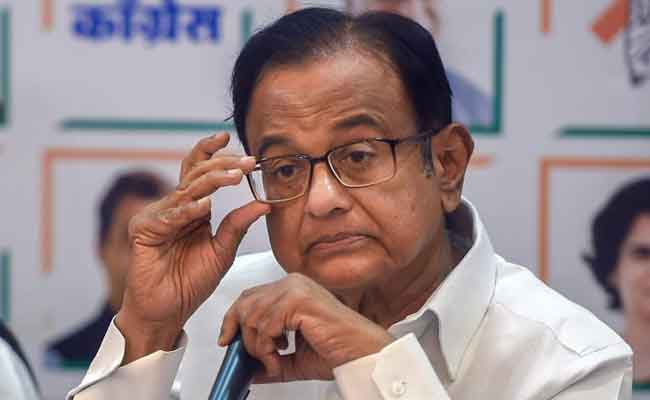Interview with John Zwaanstra Professor of International Studies and of Economics, Harvard University
This interview was first published on December 22, 2017. Business Standard is republishing it as Gita Gopinath has been appointed Chief Economist of IMF today, October 1, 2018.
Demonetisation was not a good idea and the time should have been utilised instead to fine-tune the goods and services tax (GST) before it was introduced, said Gita Gopinath, John Zwaanstra Professor of International Studies and of Economics at Harvard University, in an interview with Advait Rao Palepu. Rising oil prices are emerging as a big challenge for the country, she said while she was in Mumbai to deliver Exim Bank's commencement day lecture. Edited excerpts:
Was demonetisation a good move?
No. I don’t think I know a single macro economist who thinks that this was a good idea. And, it’s not something I think should be done for a country such as India and the level of development it has. Japan has the highest cash per capita, way more than India. The cash in circulation, relative to the gross domestic product (GDP) for India was 10 per cent, whereas in Japan it is 60 per cent. That is not black money; that is not corruption.
How do you see the disruption that demonetisation, and the GST has caused in the short term? Would it be beneficial in the medium to long term?
I view the GST very favourably because that is a real reform. It is a way of formalising the economy. It is a very effective way of ensuring tax compliance and makes it harder to earn black money. But obviously it is going to take some time to smooth out; the implementation again has been disruptive. Which makes me wish they hadn’t done demonetisation is then you could have used that time to have brought in GST smoothly.
Do you think policy making in India should be made more transparent?
What needs to be done generally for policy in India is just better data. It’s not great when everybody, everywhere, seems to be suspicious of the GDP numbers. For instance, I am working on a paper that is trying to basically answer the question: What was the impact of demonetisation in the economy? And the data hurdles are immense, in terms of what kind of data you have to measure things. Different parts of India were affected differently by the cash crunch. So, for instance, at the minimum, suppose you have a state GDP per capita, and you would want it at a quarterly frequency, which doesn’t exist. It’s just basic stuff that doesn’t exist.
Could you explain some of the policy implications of your research work on a country’s trade dependency on the dollar?
I think policymakers didn’t realise it, but kind of indirectly, they actually do obsess about the currency, relative to the dollar. Most emerging countries’ central bankers do look at this. But that is what the implication would be. Usually, policymakers might pay attention to what they call a “trade weighted exchange rate”. And what my research says is that you want to pay attention to the exchange rate relative to the dollar, doesn’t matter who you trade with or how the exchange rate moves one way or the other.
What are the trends you see in commodities, for 2018, especially that given oil prices have risen to $63 a barrel?
I think that is an important risk factor for India, because it weighs very heavily on monetary policy and fiscal policy. I do not believe it will get close to $100 a barrel, I think all projections for it are in the $60-$70 range, because there are lots of other supplies. But that wonderful era of very low commodity prices is now in the past. And so this is going to be something that the government and RBI will have to grapple with. I think there is going to be a lot of frustration. Inflation expectations usually tend to be quiet sensitive to food prices and fuel prices. And so even if the inflationary pressure on the economy, as a whole, is not that high, if people notice that when they are buying stuff that they are paying more for food, it shows up in inflation expectation numbers.
courtesy : business-standard.com
Let the Truth be known. If you read VB and like VB, please be a VB Supporter and Help us deliver the Truth to one and all.
Faridabad (PTI): A man was arrested here on Tuesday for allegedly abducting a bank manager for a ransom of Rs 5 lakh, police said.
On April 21, two armed men, including Bhupender (30), kidnapped Satish Kumar from his house in Ballabgarh’s Sector 62. They took him to Himachal Pradesh and demanded a ransom of Rs 50 lakh from his family, they said.
Later, the accused negotiated with Satish's family and asked for Rs 5 lakh for his release. They asked his family to deposit Rs 1 lakh in Satish's account and withdrew the money from different places using his debit card, police said.
The kidnappers asked Satish’s wife to bring the remaining Rs 4 lakh Kelly bypass in Ballabgarh. Police then laid a trap and arrested Bhupender, they said.
Bhupendra revealed that he was a tenant in Satish's house and lived there about 4 months ago. He then hatched a plan with his friend Ravindra to kidnap the bank manager for ransom, a senior police officer said.
He told police that Satish was with Ravindra in Mathura. Following this, a team went there and rescued the victim but the other accused managed to flee, police said.
They said two pistols, three live cartridges, a rope, Satish's vehicle used for kidnapping him and Rs 4 lakh cash were recovered from the kidnappers.
“Our teams are conducting raids to nab Ravindra and others,” said Sube Singh, spokesperson of Faridabad police.

